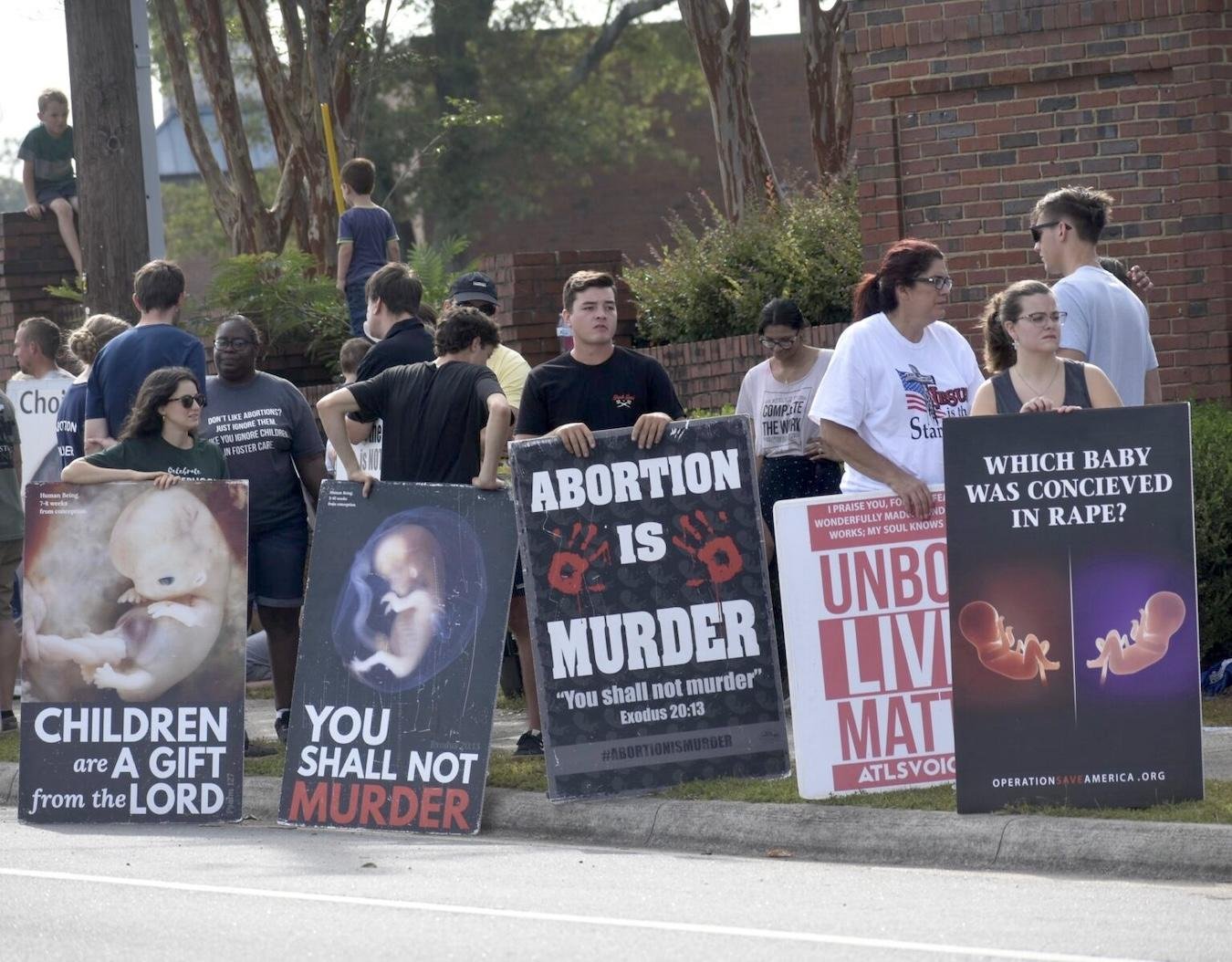crime
Women Face Unprecedented Legal Action for Miscarriages Amid Post-Roe Backlash

Three years after the United States Supreme Court’s Dobbs v. Jackson Women’s Health Organization decision dismantled the federal right to abortion, access issues continue to spark controversy and legal battles across the country. A striking case involves Brittany Watts from Warren, Ohio, who faced severe consequences following a miscarriage.
Watts was informed by medical staff at Mercy Health-St. Joseph Warren Hospital that her nearly 21-week-old fetus had no chance of survival. Without intervention, both she and the fetus were at risk. Despite this, Watts faced charges after leaving the hospital during treatment delays and returning without her fetus. Police were called under the suspicion that Watts had harmed a live baby, according to a federal lawsuit alleging negligence and falsehoods by the hospital staff.
Rachel Brady, an attorney representing Watts, highlights the toll this experience has taken on her mental health. “She has become an unwilling face of pregnancy criminalization,” Brady stated, emphasizing the trauma resulting from the incident. Watts, who declines media interviews, aims to secure justice while preventing similar situations from occurring in the future.
Following the Dobbs ruling, experts note that instances of women facing legal repercussions after miscarriages have surged. While not typically charged under abortion statutes, women find themselves accused under existing laws such as homicide or abandonment. Legal experts project that these cases will rise as more states enforce stringent abortion restrictions and probe pregnancy outcomes as potential crimes.
Dana Sussman from the legal nonprofit Pregnancy Justice reported an uptick in criminal charges related to pregnancy loss. This troubling trend has gained traction even in states with liberal abortion laws. “Pregnancy loss is increasingly being viewed as a suspicious event rather than a health concern,” Sussman said.
Pregnancy criminalization is not new, but recent years have seen a drastic increase. Between 1973, when Roe v. Wade was decided, and 2022, Pregnancy Justice tracked over 1,800 pregnancy-related arrests. The first year following the Dobbs decision saw a startling 210 prosecutions related to pregnancy, with 22 of those tied to cases like Watts’.
Sussman cautioned against normalizing the criminalization of pregnancy, asserting that any charge represents an undue escalation. The scrutiny surrounding miscarriages extends across state lines; Alabama leads in prosecutions, particularly under laws meant to protect children from chemical exposure.
As anti-abortion measures proliferate, law enforcement becomes increasingly aggressive regarding pregnancy-related cases. Reports indicate that the diagnostics used in convictions often lack scientific support. For instance, the hydrostatic lung test, a controversial method for determining if a stillborn baby breathed at birth, has recently been discredited.
Rafa Kidvai, director of If/When/How’s Repro Legal Defense Fund, pointed out that investigations into pregnancy outcomes often result in high bail amounts, limiting access to justice for many women. “Cases are increasingly intense, and charges arising from pregnancy outcomes can have destructive repercussions,” Kidvai said.
Watts’ legal battle sheds light on broader systemic issues. The hospital is accused of delaying her treatment, a claim premised on evidence showing that she waited extensively for care while grappling with profound loss. This treatment gap raises questions about the priorities of healthcare providers in the context of current laws.
Recent developments indicate a split in legislative approaches. While some states push laws for legal personhood of embryos, others, like Washington, have initiated measures to safeguard women from criminalization related to pregnancy outcomes. The conflicting nature of these laws reflects the divisive climate surrounding reproductive rights.
As discussions around pregnancy and criminalization evolve, the landscape remains complex. Watts’ case is emblematic of the broader struggles women face as they navigate the intersection of personal loss and an increasingly punitive legal system.


















